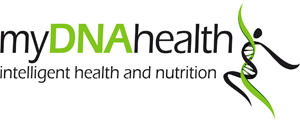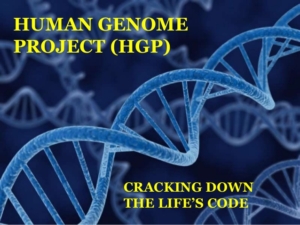October 2020 marks the 30th anniversary of the beginning of the Human Genome Project (HGP)
The Human Genome Project (HGP) was a ground-breaking international scientific research collaboration where researchers worked towards a united goal of determining our entire DNA code.
The project got underway 30 years ago in 1990 with the high aspiration of allowing us to fully understand our genetic code and the functions of genes and proteins. To celebrate this noteworthy anniversary, the National Human Genome Research Institute (NHGRI) who co-ordinated the project have commissioned 30 interviews with prominent genetic experts which are sure to be a unique insight into the project.
In 2003 the NHGRI announced that the project was complete. The results allowed the first map of our chromosomes and revealed that the human genome has just over 3 billion nucleotide bases. A historic achievement!
One of the big surprises of the project results was that we have far fewer genes than was estimated before the project began.
In 1990, the HGP estimated that due to complex human biology and vast numbers of expressed proteins, we were likely to have up to 100,000 genes in our genome. However, by 2003, the project was only able to identify up to 25,000 human genes. To put this into perspective bread wheat contains over 105,000 genes. Conceived to answer our genetics mysteries definitively the HGP instead, opened more questions of its own.
Researchers have since moved on to investigating how our genetics defines us, including the complex processes of how genes can be expressed, transcribed, edited and then translated into differing proteins to function together in our cells and tissues as a whole.
The shift towards personalised nutrition intervention for health and wellness
Since the completion of the HGP, our understanding of the complex interactions between environmental factors such as diet, lifestyle and genes has progressed considerably, as has the potential to use new genetic data.
‘Precision nutrition’ is a relatively new term considered as a way to use the information we continue to learn about our genomics, to customise nutritional advice.
Incorporating individual genetic variation data and how these influence biology can help to optimise diet and lifestyle advice, promoting health and wellness. This personalised understanding can also improve motivation to change behaviour which is a crucial barrier in the success of any nutrition intervention.
Precision Nutrition
At myDNAhealth, we embrace a philosophy of ‘Precision Nutrition’ a relatively new term which is considered as a way to use genomics information to personalise nutritional and lifestyle advice.
The Optimal Health report analyses genetic variations plus lifestyle factors using a user-friendly online platform. As a health or nutrition practitioner, this allows you to assess how these influence an individuals biology, to optimise advice and promote health at a personal level.
If you would like to take your knowledge and understanding of Precision Nutrition further, consider enrolling on our unique digital CPD Nutritional Genomics Interpretation Programme.




